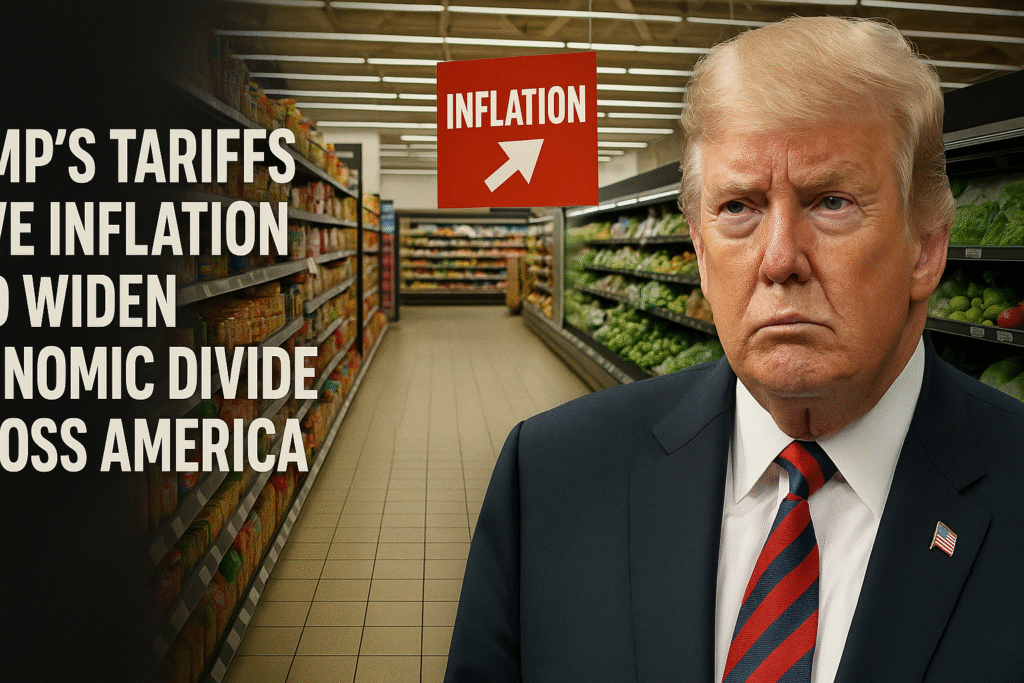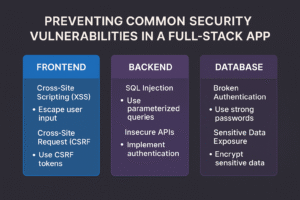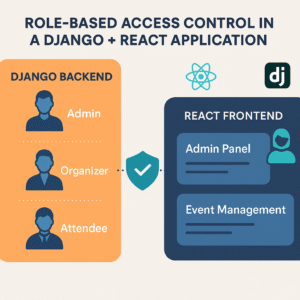The ripple effects of Donald Trump’s new tariff regime are being felt across American households, with rising prices, slowing consumer spending, and widening economic inequality becoming increasingly evident. Economists warn that while the tariffs were meant to “make America great again,” they have instead led to tariff-driven inflation that’s hitting lower- and middle-income families the hardest.
Tariff-Linked Inflation Taking Hold
According to government data and multiple economic analyses, inflation in the U.S. has breached the Federal Reserve’s 2% target, climbing steadily since Trump’s tariffs came into force earlier this year.
Everyday goods — from groceries and clothes to electronics and coffee — have seen noticeable price increases. The Labour Department reported that imported and domestic goods alike have become costlier, as suppliers pass on higher tariff costs to consumers.
Research led by Harvard University economist Alberto Cavallo confirms that prices have risen modestly but consistently since March, tracking the implementation of Trump’s tariffs. Cavallo’s team has been monitoring hundreds of products both online and offline, noting that around 75% of U.S. food imports are now affected by the trade measures.
Economic Divide Widens
While wealthy Americans continue to spend, lower-income households are scaling back sharply. McDonald’s CEO Chris Kempczinski recently warned of a growing “two-tier economy,” revealing that the fast-food chain has expanded its value menu to retain price-sensitive customers.
“Particularly, middle and lower-income consumers are reeling under a lot of pressure right now,” Kempczinski said.
This divide has been echoed by Mark Zandi, Chief Economist at Moody’s Analytics, who described it as “a tale of two different households.” Zandi’s analysis indicates that the richest 10% of Americans now account for nearly half of all consumer spending, leaving the rest of the economy dependent on a smaller, wealthier base of consumption.
He also warned that the economies of over 20 U.S. states are either in or at high risk of recession, driven by weak demand and regional slowdowns.
Fed Cuts Rates Amid Inflation Concerns
Despite inflation running above target, the Federal Reserve cut interest rates in September 2025 for the first time this year, citing concerns that tariffs were constraining consumer spending and threatening growth.
Economists note that while Trump’s tariffs have not caused a sudden or steep inflation surge, they’ve created a “slow and steady” price creep across essential goods — one that disproportionately burdens the working class.
Political Spin vs. Economic Reality
President Donald Trump, however, remains defiant. At the United Nations General Assembly last month, he claimed that inflation had been “defeated” and that tariffs were contributing to both economic strength and global peace.
“Grocery prices are down, mortgage rates are down, and inflation has been defeated,” Trump said.
Later, addressing reporters at the White House, Trump credited tariffs for preventing international conflicts:
“If I didn’t have the power of tariffs, you’d have at least four of the seven wars raging. We’re not just making billions — we’re peacekeepers because of tariffs.”
The Road Ahead
Economic experts remain skeptical. Analysts at Tax Foundation, a Washington-based think tank, have long warned that tariffs act like taxes on consumers, raising costs and slowing growth. With more tariff hikes planned — including 100% tariffs on Chinese imports starting in November — economists fear further inflationary pressure could push parts of the U.S. economy into recession.
For now, America finds itself at a crossroads — between political rhetoric and economic reality, as Trump’s tariff policies reshape consumer prices, strain lower-income households, and test the resilience of the world’s largest economy.
Originally published on newsworldstime.com.
Originally published on 24×7-news.com.








